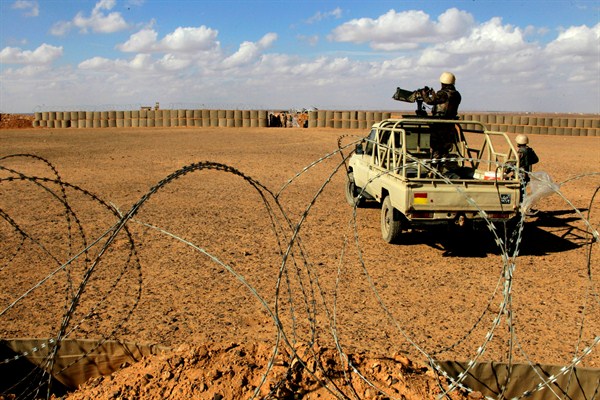Editor’s note: This is the first in a series of articles on the Islamic State after the fall of Raqqa and the outlook for Syria and its neighbors.
The defeat last week of the self-proclaimed Islamic State in Raqqa, its major base of operations in northern Syria, may prove to be a seminal event in ways the battle’s victors did not intend. While no doubt a major milestone, Raqqa’s fall is far from the conclusion of the broader six-year conflict in Syria, nor the end of the jihadi movement itself. The temptation to claim victory over the Islamic State may prove irresistible to politicians, but it is still premature.
After a months-long siege by the U.S.-backed Syrian Democratic Forces, Raqqa became the second major urban stronghold to fall out of the Islamic State’s control since July, when Iraqi coalition forces recaptured Mosul, Iraq’s second-largest city. Together, the losses are a crushing blow to the Islamic State’s territorial ambitions, its organizational capacity and its international brand. But the fractious nature of the war in Syria still leaves space for the movement to regroup and transition into something that can threaten not only Syria and Iraq, but their neighbors as well.

